Smart Contracts and Arbitration: A Q&A with Sean McCarthy
Smart contracts are rapidly shaping the future of blockchain and digital assets — and with them comes a wave of new disputes, questions, and opportunities for arbitration. Sean McCarthy, co-editor of Transforming Arbitration: Exploring the Impact of AI, Blockchain, Metaverse and Web3 and co-founder of ArbTech, gives his insights on what practitioners need to know.
1. What is a smart contract, in simple terms, and how does it relate to arbitration?
A smart contract is a self-executing program stored on a blockchain that automatically carries out the embedded terms when certain conditions are met. A smart contract should not be automatically assumed to be equivalent to a legal contract, but some smart contracts can have the attributes to become smart legal contracts.
For arbitration, this is significant because the architecture of blockchain, Web3, and crypto industries is based on smart contracts. In practice, these contracts are the code that moves value across the blockchain.
Learn more about the intersection of law and technology in our guide to AI in arbitration.
2. What kinds of disputes are most likely to arise from smart contracts today?
Technical and hacking-focused disputes very often revolve around the creation, functioning, control or breakdown of certain smart contracts. Smart contracts are usually key to the control over crypto assets and digital assets generally.
In other words, cybersecurity and technical errors are at the core of most smart contract disputes. These often determine who controls valuable digital assets — raising urgent questions of ownership, liability, and remedies.
3. Can arbitration really be coded into a blockchain environment — or is that hype?
The conceptual flexibility of arbitration could mean that blockchain-based arbitration producing a valid award under the New York Convention is possible. For now, the closest real-life example is Kleros and its architecture. However, unlike traditional arbitration, they use a juror system rather than a tribunal.
So, while on-chain arbitration remains experimental, the theory is sound. Practitioners interested in this emerging field should explore Kleros and similar projects — as well as scholarship like Transforming Arbitration.
For context, see our piece on constitutional AI in arbitration for parallels on how disruptive tech challenges legal frameworks.
4. Are there challenges arbitrators face with on-chain evidence or pseudonymous parties?
Absolutely, this is a new frontier for legal practitioners and neutrals alike. On-chain evidence is very transparent but also very complex in how it functions, so education and hands-on experience is key to becoming adept in dealing with it. For pseudonymous parties, the legal issues that result are also quite novel for traditional arbitration practitioners from a procedural point of view.
This highlights two key challenges:
Evidence complexity: Blockchain records are immutable but require technical fluency to interpret.
Pseudonymity: How do you enforce awards or ensure due process when parties are not easily identifiable?
Arbitrators will need training and new procedural frameworks to adapt. Our post on AI in arbitration today offers parallels on how practitioners are already navigating other complex technologies.
5. How should arbitration institutions prepare for the shifts ahead?
Arbitration institutions are already trying to showcase the flexibility of their rulesets and several have published tailored rules for these types of disputes. The most important point that remains is that there is buy-in from industry stakeholders to submit contracts to arbitration. As for on-chain arbitration, no institutions have taken the leap yet but I would personally guess that it is only a matter of time.
Institutions are at a crossroads:
Traditional arbitration: Already adapting rules for blockchain and crypto disputes.
On-chain arbitration: Still unexplored at the institutional level, but automation of dispute resolution could be the next frontier.
This aligns with the growing momentum we’ve seen in designing ethical AI for dispute resolution.
Final Thoughts
Smart contracts are not just a technological novelty — they are becoming central to how value is created and transferred across the blockchain economy. With that comes an urgent need for arbitration practitioners, institutions, and industry stakeholders to engage with these shifts.
As Sean notes, the legal and technical challenges are significant, but so are the opportunities for innovation in dispute resolution.
For further insights, explore ArbTech’s resources:

